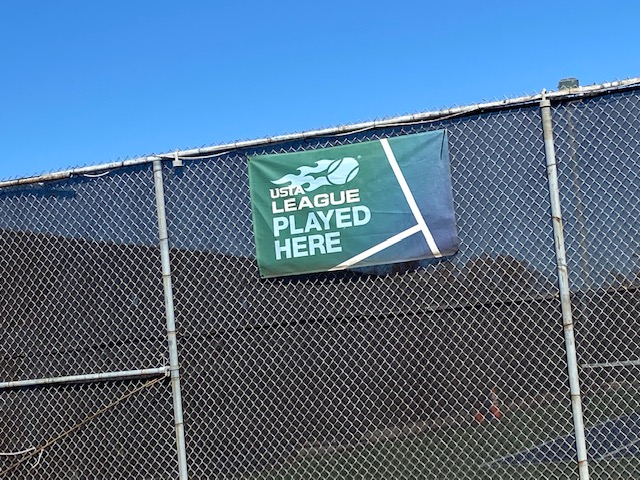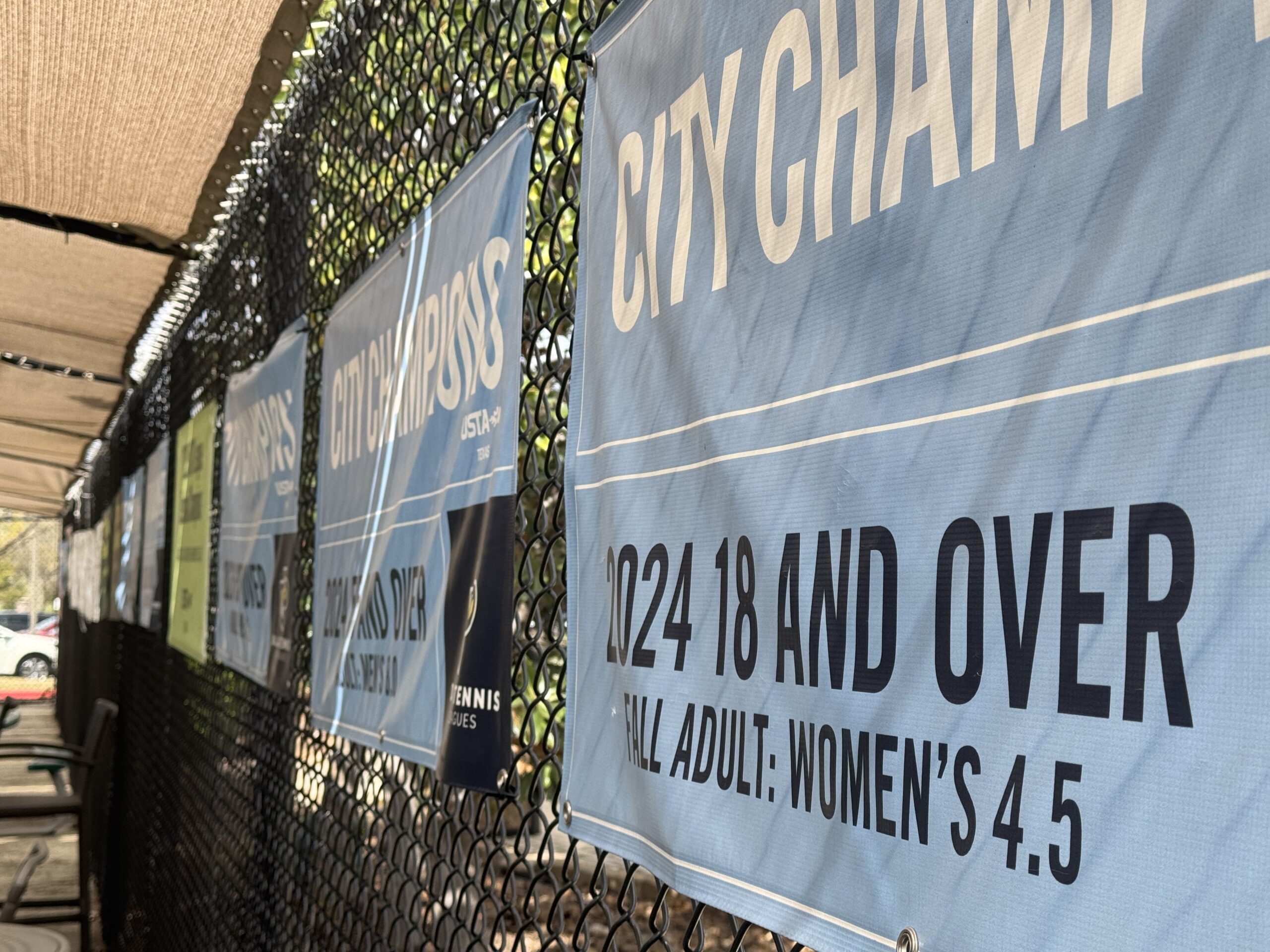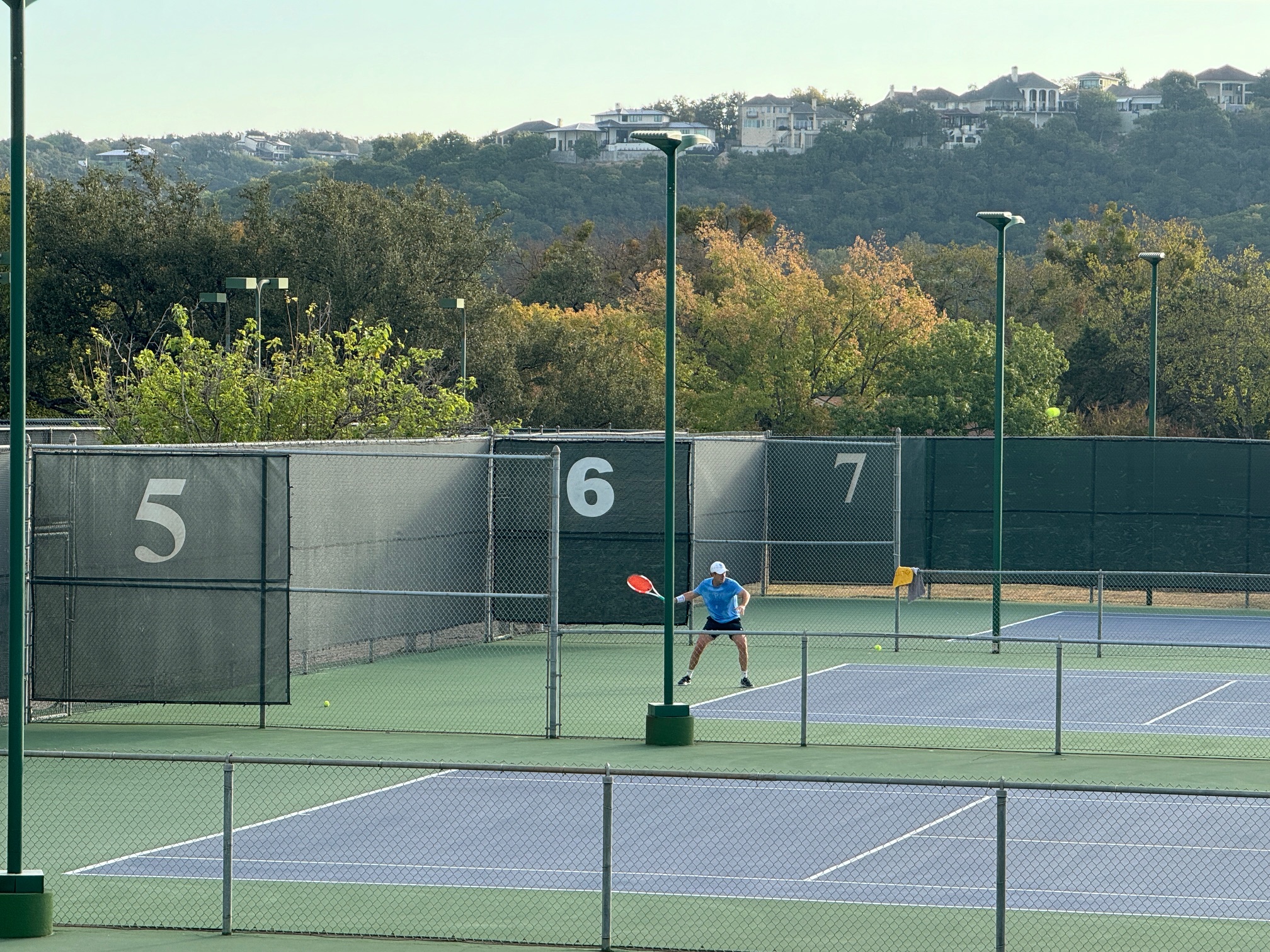The rules keep getting shorter and shorter. The next section of the USTA Friend at Court/ITF Rules of Tennis is another “definition” rule used to establish the basic vocabulary of the game. The entirety of the rule is a single sentence.
If a ball touches a line, it is regarded as touching the court bounded by that line.
USTA Friend at Court/ITF Rules of Tennis, Section 12
In this case, the definition that is provided is not the title of the section, but rather establishing the boundaries of the court. Per this definition, the court is the ground bounded by the lines of the court. It is to make it clear that the lines are a part of the court and that when the word court is used that it includes the lines.
By framing the definition in the context of the ball touching the line, it is also imminently clear that if any part of the ball touches the line that it landed in the court. Some players seem to have an issue with that, but those rules are elsewhere in The Code, so I will sidestep that topic for now.
I suspect that the definition of the court is more narrowly restrictive than most tennis players would have included. To me, a court is the entirety of the space between the fences. It would include all of the necessary playing space. But that simply isn’t in the definition. I am suddenly at a loss for a term to describe the complete court.
I “cheated” and looked way ahead to Appendix IX, “Suggestions on How to Mark Out a Court.” The note at the end of the appendix addresses recommended minimum distance “between the baselines and backstops” as well as “between the sidelines and sidestops.” That is still not a single term, but I will probably start using the words backstop and sidestop more frequently. They sound way more refined than the word fence, especially when uttered in my Texas twang.
I would propose the term “exocourt” for those sections of the court outside the lines, but within the backstops and sidestops. (Yes, way better than the word fences!) I haven’t come up with a term better than “Playing Area” for the combined court and exocourt. I’m going to go with that for awhile.
Now that I am fully sensitized to the definition, I will be on the lookout for places where the USTA Friend at Court/ITF Rules of Tennis deviate from that established definition. Probably I will discover that the rules are pretty consistently written within the established definition and I just never noticed before.
A full understanding of the definition will most certainly impact my reading and interpretation of the rules going forward.
- United States Tennis Association (2020) Friend at Court. White Plains, NY



